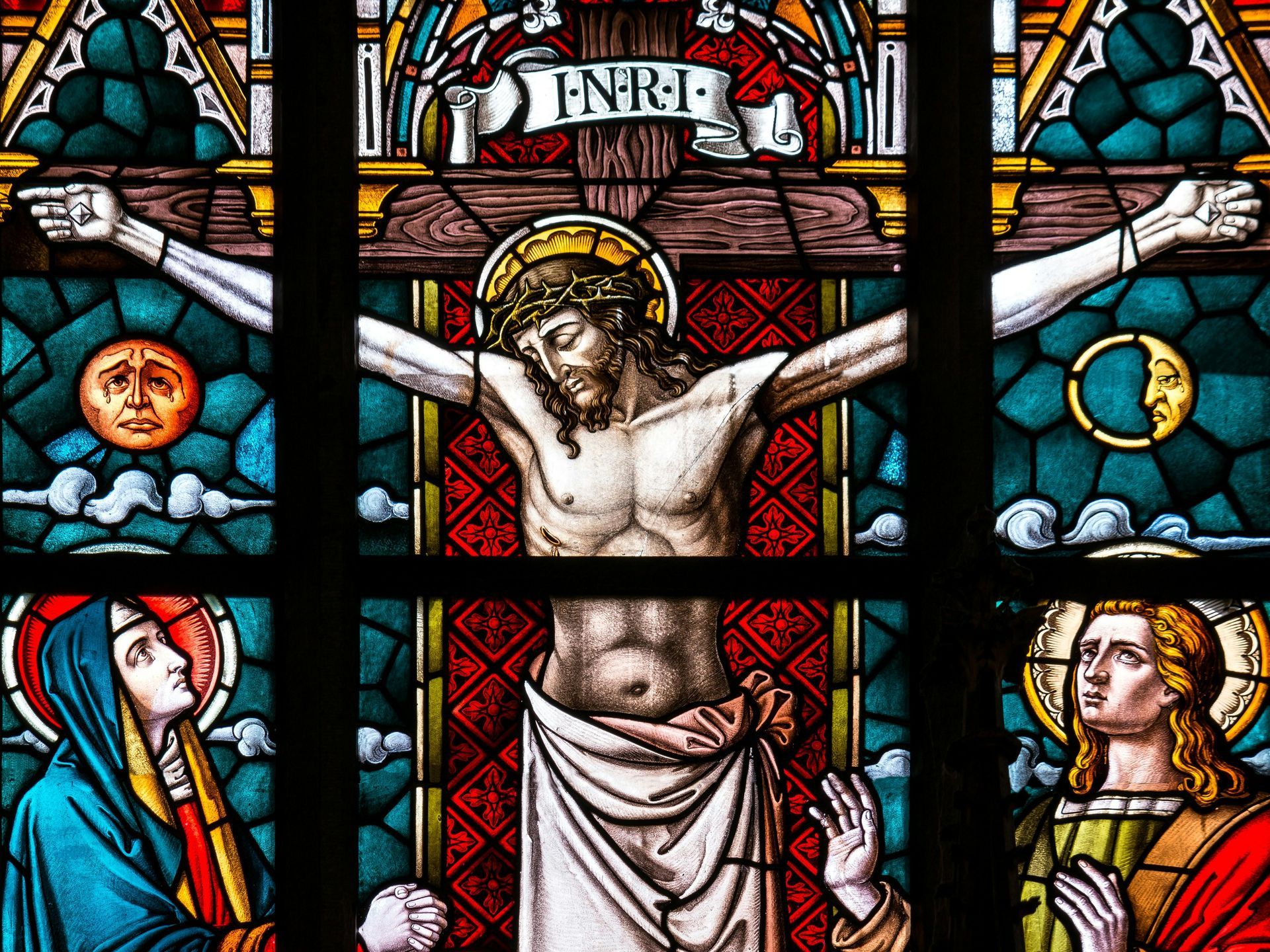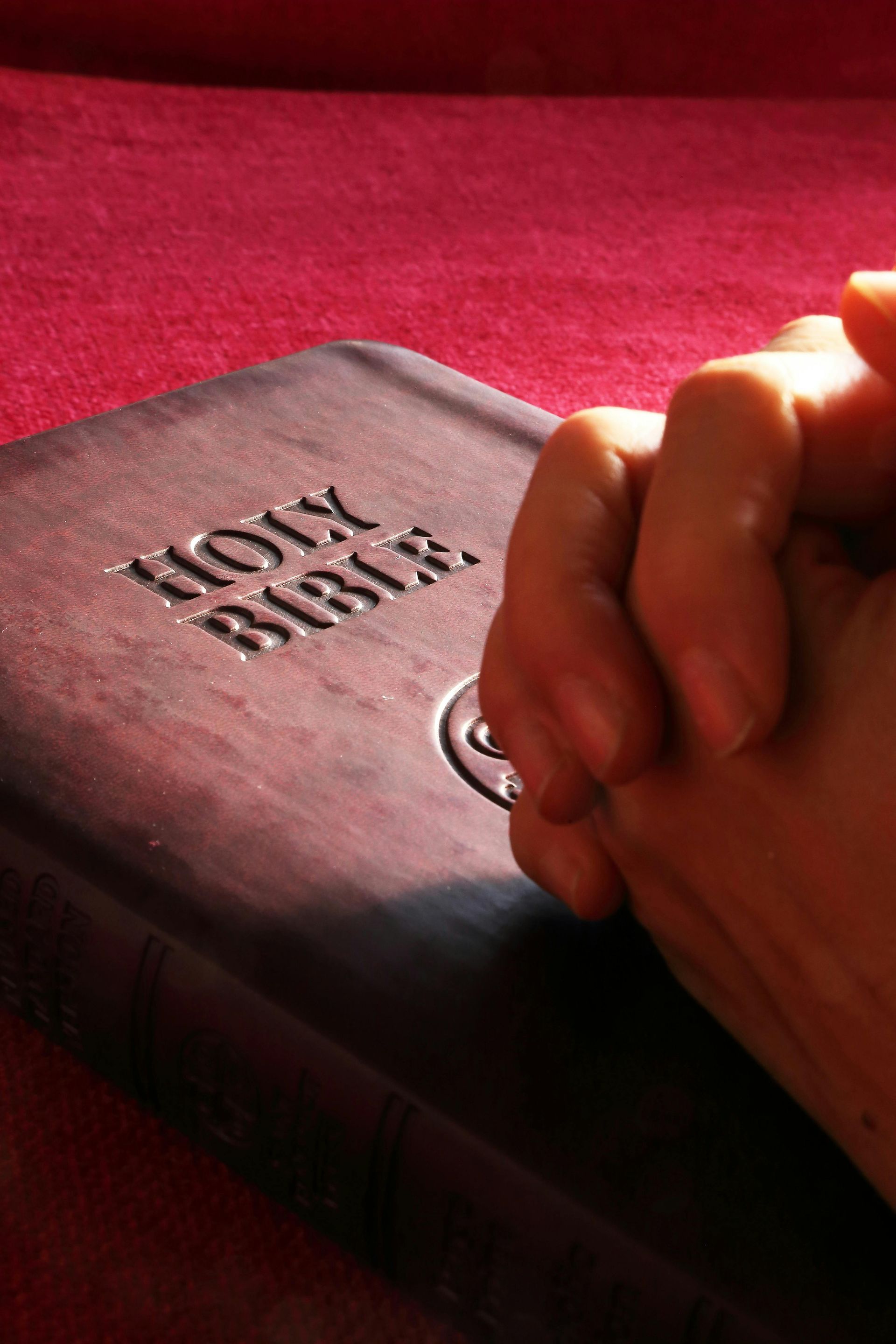8th Sunday of Ordinary
New Title

Both the first reading and the Gospel today, center on speech. The first reading gives us wise counsel. To ascertain what is in the heart of a person we should let them speak and we should listen carefully to what they say. Speech for the prophet is revelatory. It opens up a horizon toward the other inner self.
The Gospel gives us a series of “sayings” some powerful images used by Jesus in speaking to his disciples: a blind guide, a plank in the eye of one who wishes to remove another’s speck, a good tree producing decayed fruit. These are power images because they are contradictory.
Jesus himself is a powerful Word “spoken” by his heavenly Father. He is described in John’s Gospel (Jn 1:1) as the eternal Word with and from God. By his words and deeds Jesus reveal to us the love of God, a love so great that God shares our human dilemma, our death. Just as St. Paul in the second reading, indicates that in the world to come we will have a new Language, used only for praising the Lord. Here on earth we use it, at times, to cause harm to others.
Does this seem contradictory: an all-powerful God who shares with us our powerless ness, a God who dies? But from death springs life, a life that never ends. Defeat becomes victory. A more powerful statement could not be made. The Word who is Jesus is the Word of life. Pope Francis said, “ If our hearts and actions are inspired by charity, by the divine love, then our communication will be touched by God’s own power.” On one occasion, a famous and highly respected actor appeared in the stage to perform. The audience expected a higher level of performance from him. But when he mounted on the stage, he said, “My sisters and brothers, if you cannot love one another, Please do not hurt one another.” After the statement he walked away from the stage and the audience were almost surprised.







